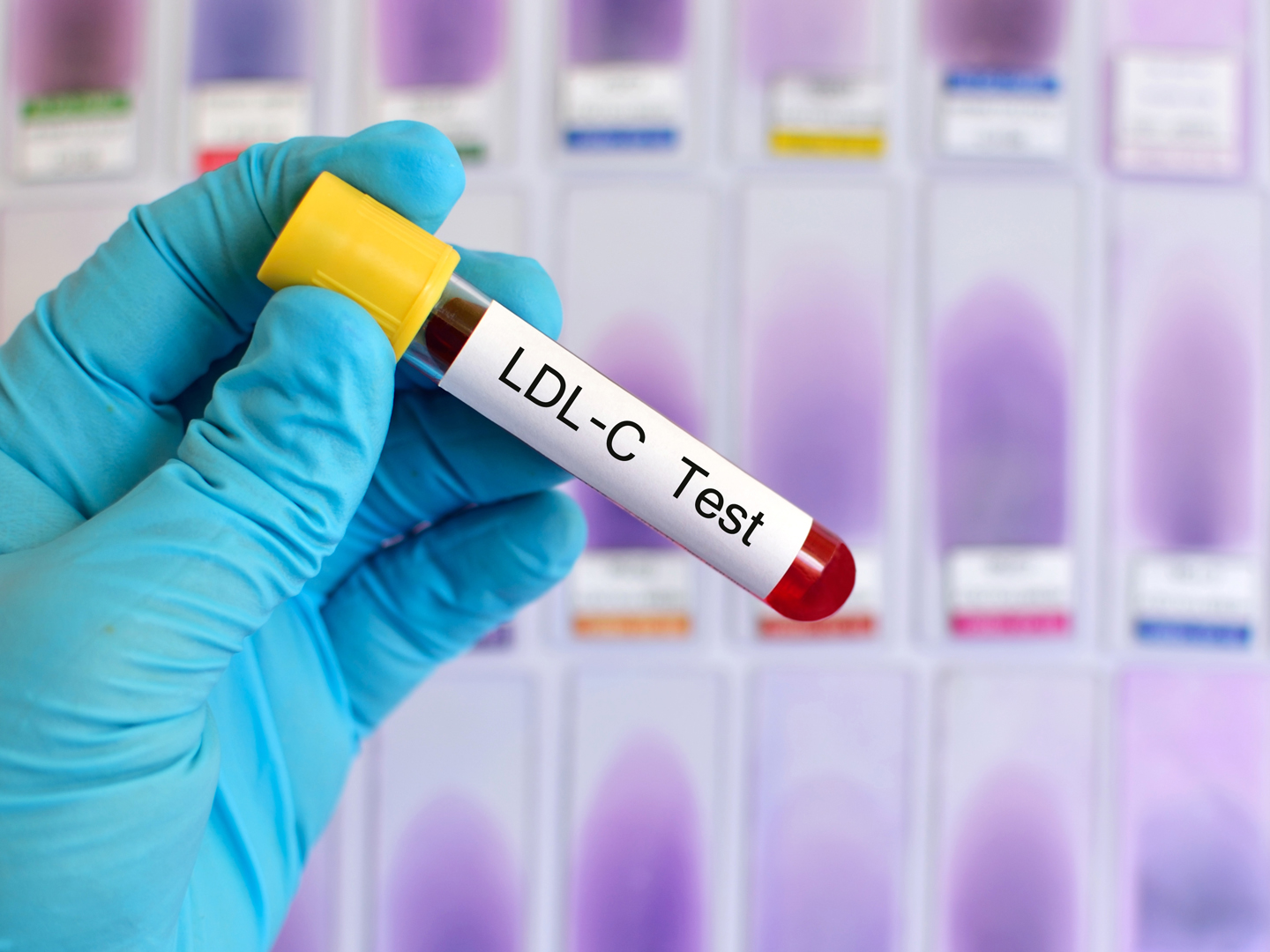Focusing on Fiber?
What is the difference between soluble and insoluble fiber in terms of their effect on lowering cholesterol levels, especially triglycerides?
Andrew Weil, M.D. | September 22, 2003

(Updated 1/25/2005)
Soluble fiber helps lower cholesterol levels by binding cholesterol in the intestinal tract and increasing its elimination from the body. Good sources include oat bran, oatmeal, beans, peas, rice bran, barley, citrus fruits and strawberries. Insoluble fiber has a place in your diet, too, since it helps prevent bowel problems such as constipation and promotes the health of the digestive system. It is simply the undigestible part of food that doesn’t dissolve in water. Sources include whole-wheat breads, wheat cereals, wheat bran, cabbage, beets, carrots, Brussels sprouts, turnips and cauliflower.
Triglycerides are not cholesterol. They’re the compounds in which fat moves through the bloodstream and are measured when cholesterol is checked. Triglycerides lower than 200 milligrams per deciliter of blood are considered normal. Treatment is usually recommended when they exceed 400 mg/dl. The role of triglyceride levels in heart disease risk isn’t known although people who have high LDL (“bad”) cholesterol and low HDL (“good”) cholesterol often have high triglycerides, which can be a sign of carbohydrate sensitivity (and insulin resistance).
If you’ve tried but failed to lower your cholesterol with a high-carbohydrate, low-fat diet, the problem may have been the carbohydrates you were eating. Refined carbohydrates (those that are high on the glycemic index, a system of ranking foods by their effect on blood sugar) can cause rapid increases in blood sugar, prompting the pancreas to release insulin, which in turn signals the liver to pump more triglycerides into the bloodstream. Fiber slows the absorption of food so blood sugar doesn’t rise as rapidly, mitigating excessive insulin release.
Try eating items that are low on the glycemic index. (You can find a list with the rankings of common foods at www.glycemicindex.com.) Try to stick to foods that rank below 55. (You’ll see a lot of appealing foods to choose from.) After a few months, have your cholesterol and triglycerides retested to see if this has had any effect.
Other steps which can help include eliminating alcohol, losing weight and getting regular exercise. If lifestyle and dietary changes don’t help, you may need medication to reduce your cholesterol and triglyceride levels.
Andrew Weil, M.D.











